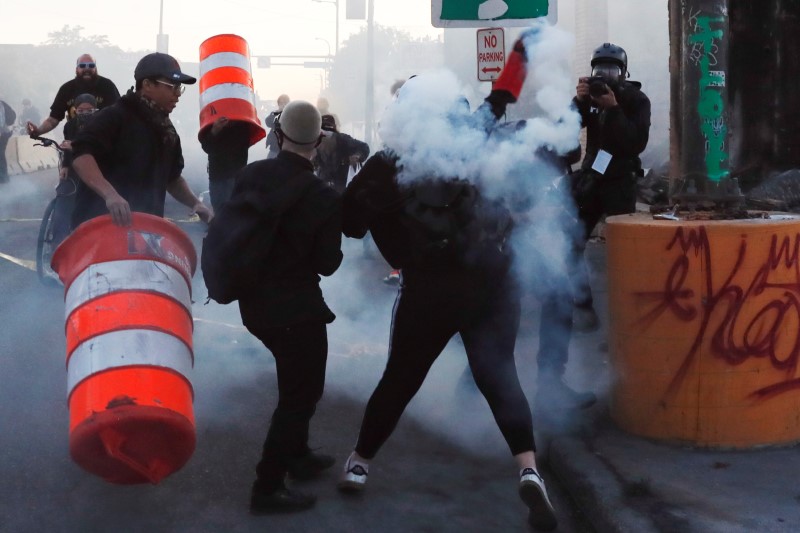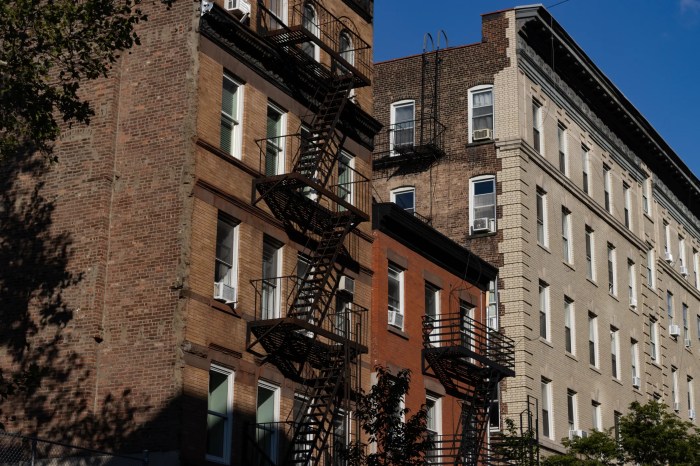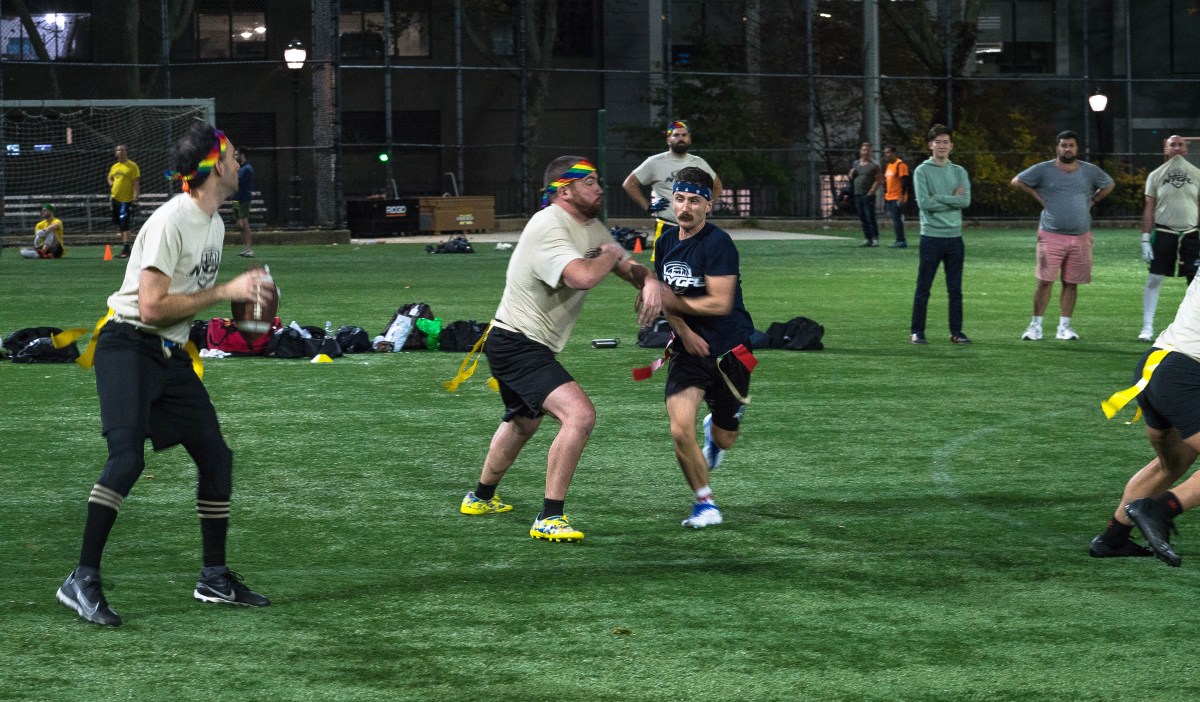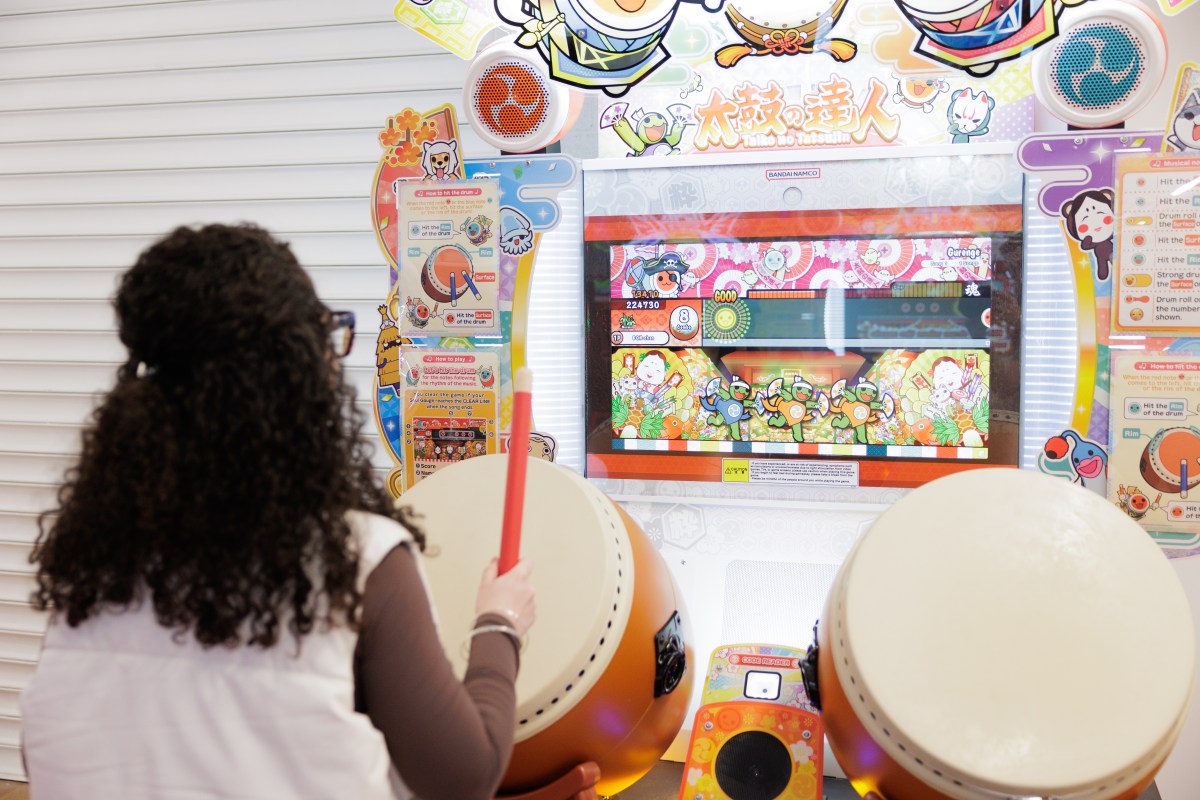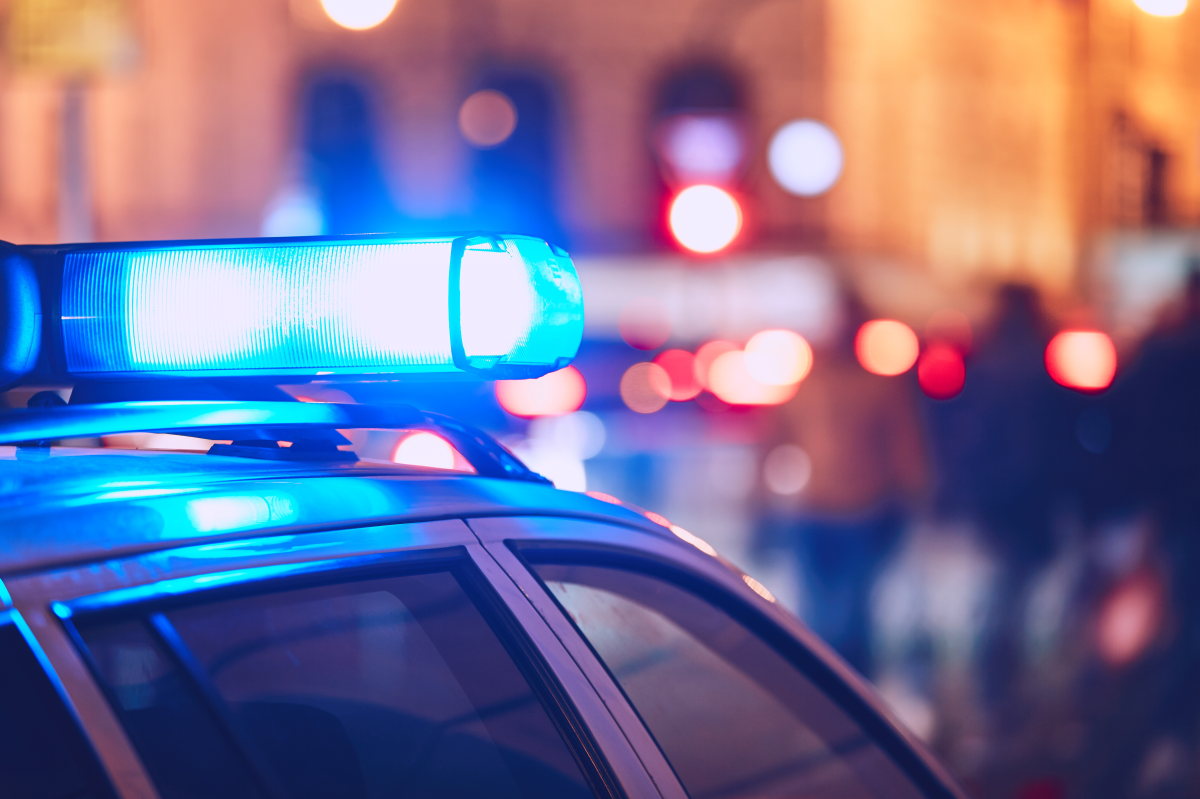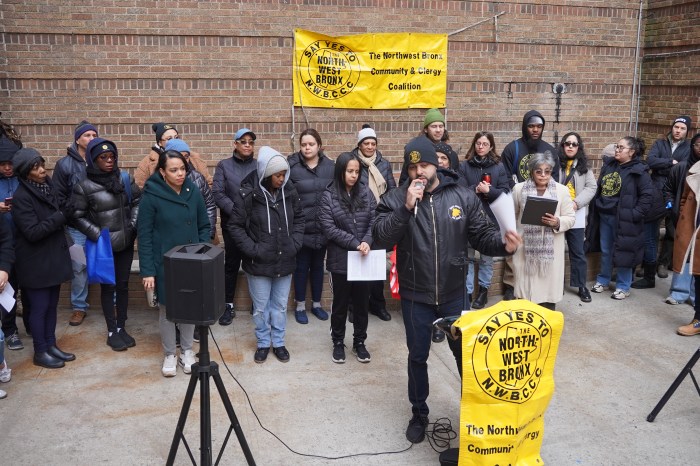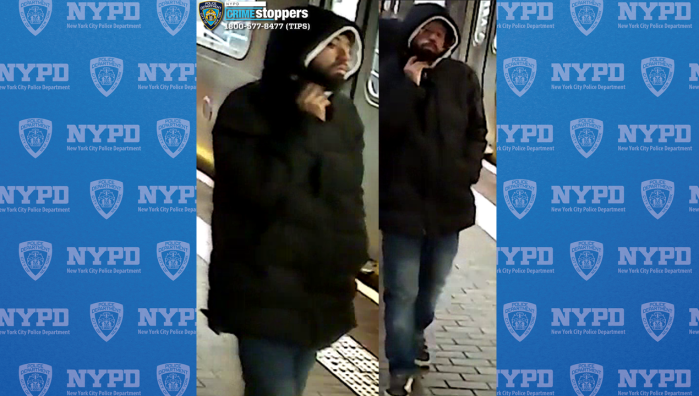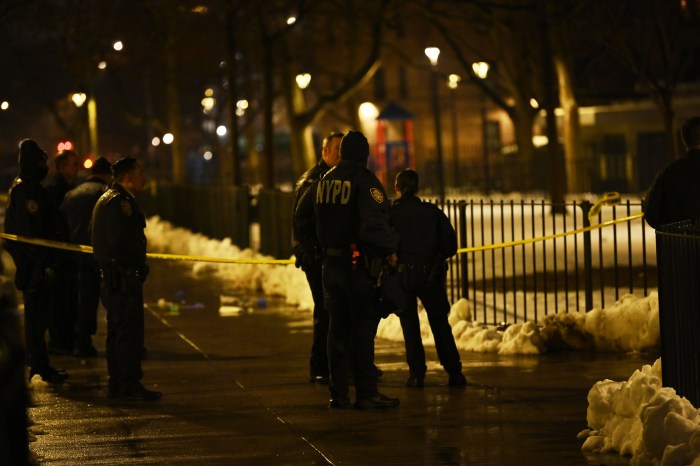BY JUDY PATRICK
Within the journalism community, there’s outrage over the assaults our fellow journalists have endured covering the unrest in America sparked by the death of a black man, George Floyd, in police custody in Minneapolis.
We recognize that those reporters are bearing witness to the events unfolding before them. They are there to hold those in power accountable for their actions. Attacks on journalism diminish the people’s right to the truth about what government is doing in their name. This is serious and needs to be addressed.
But let’s be frank. Protesters, business owners and police officers are being attacked as well. There’s plenty of violence to go around, especially when night falls.
America’s outrage is focused, as it should be, on the racial injustices that permeate our society. To seriously address these fundamental problems, demonstrations and protests need to be followed by lots of dialogue, education, research and real change.
Yet to be successful, the sun must shine on that process. We need to build understanding and consensus, and for that we will need journalists every step of the way. Without them, we will fail.
The ongoing attacks on journalists in America, especially by police, is truly unprecedented. To be sure, journalists in many other countries face far more adversity. But this is America, the leader of the free world, where the free press is one of our fundamental values and sets the standard.
Covering protests, especially chaotic ones, has always been tough. Reporters are used to getting jostled, taunted and sometimes threatened with arrest. And while the level of aggression has been increasing in the last decade, the number of attacks of the past few days are far beyond anything we have ever seen before.
The U.S. Press Freedom Tracker, run by the Freedom of the Press Foundation and the Committee to Protect Journalists, typically investigates 100 to 150 incidents of attacks on U.S. journalists a year. On Monday, the group was investigating more than 100 incidents from the first three days of the current protests alone.
Journalists don’t like becoming part of the story. It’s a distraction from the central story, which in this case is the unprecedented display of national outrage sparked by systemic racial discrimination.
But it is because the central story is so important that these shameful attacks must be called out and denounced. Other countries may be able to control and limit their press by intimidation and violence but that can’t be allowed to happen here in America.
Journalists are getting pushed and shoved, shot by rubber bullets and pepper balls, assaulted with pepper spray and tear gas, punched, slapped, detained and arrested. Some of this is happening live on air, before our eyes.
The danger can come from either direction. Some protesters are targeting journalists, hurling rocks and other debris at them, knocking them down, beating them and setting their vehicles on fire.
Why this is happening should be no big surprise. Since taking office, President Trump has put a big fat “enemy of the people” stamp on every journalist’s forehead. He affirmed it with a tweet at the height of the protests this past weekend. He’s done more than give the attackers license to act; he’s emboldened them.
This is about far more than journalists’ personal safety. This is about democracy. This is about the public’s right to know. This is about an institution that, despite its lapses, strives to help us build a better society.
Judy Patrick is the vice president for editorial content at the New York Press Association.



